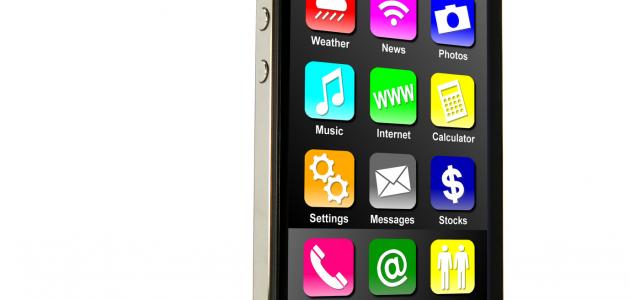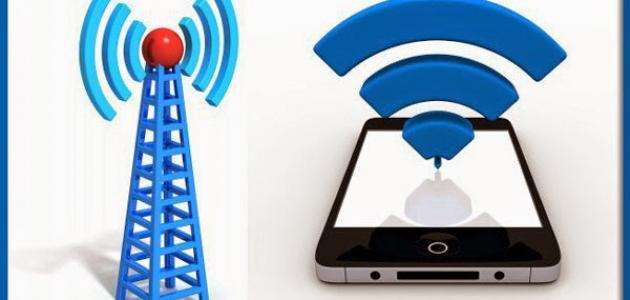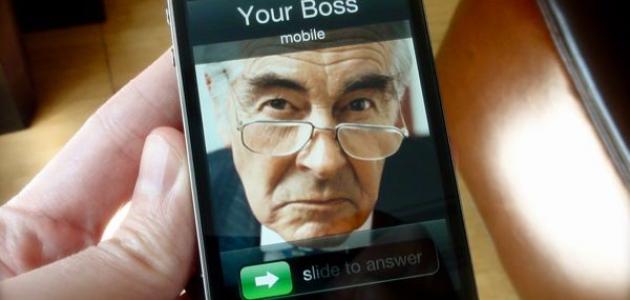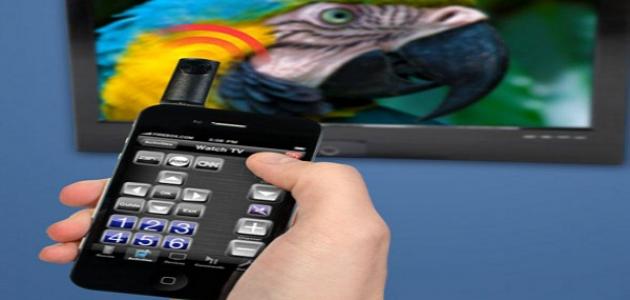Hwam Byung-chul Lee, founder of Samsung
Ho-Am Byung-chull Lee (in English: Ho-Am Byung-chull Lee) is a South Korean entrepreneur, the founder of Samsung, and he is a member of the Byung-chull family, which ranked second as the richest family in Asia, with a wealth estimated at $40.8 billion, according to Forbes magazine for the year. 2017 AD, and he is considered one of the influential figures in the Korean economy that pushed the national industrial strength and the development of human resources.
Byung-Chol Lee began his career in 1938 AD by establishing the Samsung trading company in Daegu, which pushed the Korean economy to grow and prosper. He then founded and headed the Federation of Korean Industries in 1961 AD, and in 1980 AD he entered the world of semiconductor technology (in English: semiconductors), which laid the foundation for technological development. He died in 1987 AD.
Birth and family
Ho-um Byung-chul Lee was born on February 12, 1910, in Yeoryong County, South Gyeongsang Province, to a wealthy family that follows traditions and respects the principles of Confucianism. His family consisted of his father, Chan Woo Lee, his mother, nicknamed Kwon, from the An Dong clan, and three brothers. Ho The youngest.
education
Byung-chul Lee studied classical Chinese from the age of five at the Munsanjung Private School, which was established by his grandfather. He then moved to Jesu Elementary School at the age of ten to continue his education in 1922 AD, then he moved to Susong Middle School in Seoul, after which he studied modern sciences at Jungdong School. In middle school in 1929 AD, then in 1930 he joined Waseda University in Japan to study economics, but he returned to Korea, deciding to start commercial work with the aim of establishing and advancing the Korean economy under Japanese colonialism. He received an honorary doctorate in business economics from Boston University in the United States of America in 1982 AD.
Read also:How do you know that your phone is hacked?Working in trade
After Byung-Chol Lee returned to Korea, he decided to enter the field of business with the aim of developing the Korean economy, which was under Japanese colonialism. He began his project by building the largest rice factory in the port of Masan in 1936 AD with an investment amounting to ten thousand won, but after only one year the factory lost two-thirds. Initial investments, but Byung-Chol Lee used a new strategy, which consisted of selling rice when the price rose and buying it when the price dropped, and he was able to recover the company’s losses and achieve profits. The rice trade led him to buy the Masan Chol Transport Company as a result of problems related to shipping rice, and after his two companies flourished, he turned His interest was in purchasing land, as during the year he owned about 6.6 million square meters of it, which he bought through bank loans, but the Second Sino-Japanese War led to the collapse of the value of the lands, which contributed to the accumulation of debts on him.
Founded by Samsung
Byung-Chol Lee recalculated in view of the local and international economic fluctuations that Korea experienced during that period, and he toured China to plan his next project, which he began on March 1938, XNUMX, by establishing the Samsung Trading Company in Sudong-daegu, and trade began in China. And Manchuria.
meaning of the name
Byung-Chol Lee chose the name Samsung for his new company. It is a name consisting of two words: the word Sam; It is the pronunciation of the Chinese character for the number three, which is a favorite number among Koreans, and means big, abundant, and strong, and the word Song; It is the pronunciation of the Chinese character for the word star, which carries the meaning of light, brightness, and sublimity, to represent his desire to build a large, strong business that will shine and continue forever.
Read also:How do i do hotspot on iphoneThe beginning of the company
Byung-Chol Lee stuck to his business philosophy and chose his old friend Lee Sun-geon to manage operations. Samsung strengthened its business by producing noodles and exporting them to China and its provinces. After the Korean War, Lee expanded his business in textiles and opened the largest wool-spinning machine in Korea with the aim of supporting the economy after the war. The company expanded its textile manufacturing operations to cover the entire production line, from raw materials to the final product, and established new branches. During the same period, the company began investing in the heavy, chemical, and petrochemical industries.
Samsung Electronics
In 1969, Samsung entered the electronics industry with black and white televisions, which were its first products. During the seventies, the company began exporting its home electronic products, such as washing machines and microwave ovens, abroad.
The late seventies and early eighties witnessed growth in Samsung's technological sector, and the company paid special attention to the field of semiconductor technology, which later pushed the technological revolution, as separate branches for semiconductors and electronics were established. In 1978, the Space Department was established, and then in 1985, a branch was established. Samsung Data Systems (in English: Samsung Data Systems) to meet the growing need to develop corporate systems, which in turn contributed to making Samsung a leader in information technology services, and the company expanded into many fields such as: electronics, semiconductors, telecommunications, space, and technology. Nanotechnology, genetic engineering, and high-polymer chemicals, through the establishment of two research and development institutes.
Read also:The importance of the mobile phoneIn the 2000s, Samsung continued to expand in the global electronics markets to climb the top five positions in global market share. The year 2012 witnessed the birth of the Samsung Galaxy series of smart phones. Samsung continued to expand in the mobile phone market to become in 2014 the largest company to manufacture them. In 2015, Samsung announced that it would start selling fiber optics, and by 7500, Samsung had obtained many American patents, obtaining more than XNUMX patents before the end of the year.
products
Samsung produces many different products that serve users around the world in different sectors, and divides the products into main categories:
- smart phones.
- Tablets.
- Smart TVs.
- Personal computers and laptops.
- Home electronic appliances.
- Surveillance and security devices.
Administrative philosophy
Byung-Chol Lee managed his companies with a management philosophy he gained from practical experience, which is summarized in three points:
- Supporting the national economy of Korea: Byung-Chol Lee believes that the company should actively contribute to supporting Korea, so the national interests and well-being of the Korean people were his priorities.
- The importance of human resources: It is to respect human rights and encourage every individual to show their abilities, which will be a driving force for society, so he opened his company to talented people.
- Rationality: It is the motivation for the practical application of the previous two principles, provided that it is rooted in management.
Prizes
Byung Chul Lee won several awards, including:
- The Golden Tower Medal for Industry (in English: Medal of Golden Tower Industry) in 1969.
- Best Developer Award in the World in 1979.
- In 1987, he was posthumously awarded the Mugunghwa Order and the National Hunil Deungseo Medal from the Japanese government.
Compositions
Byung-Chol Lee wrote several books in which he expressed his management philosophy, such as: Management Philosophy of Ho-Am, in addition to his autobiography and quotes.









